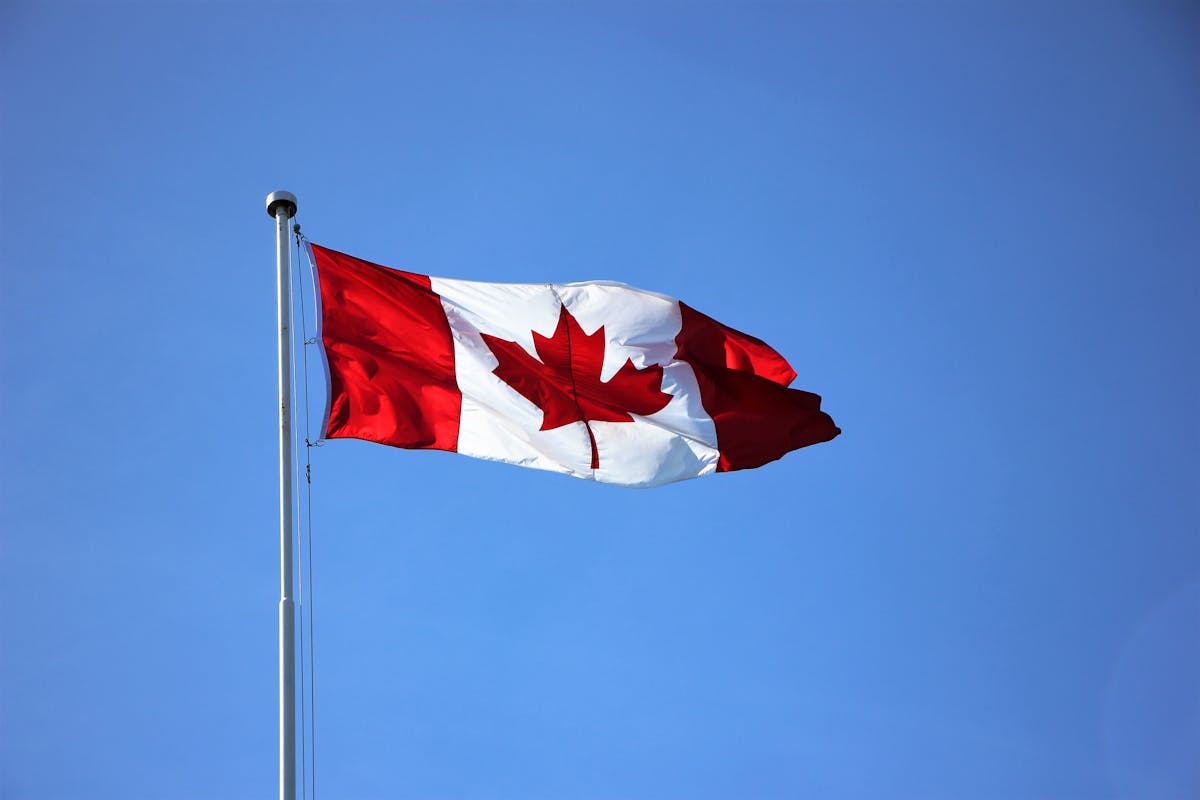

Thinking about trading in your U.S. driver’s license for a Canadian one? You’re not alone. Each year, thousands of Americans head north for work, retirement, or simply a change in lifestyle. With its universal healthcare, high quality of life, and proximity to the U.S., Canada is a top choice for relocation.
But before packing your bags, it’s essential to understand one thing: taxes don’t disappear when you cross the border. U.S. citizens moving to Canada face dual filing requirements, complex residency rules, and potential double taxation if they don’t plan carefully. This guide walks you through the key tax implications of moving to Canada, helping you stay compliant with both the IRS and the Canada Revenue Agency (CRA).
In Canada: Your tax residency isn’t based on immigration status but on where your significant ties are. The CRA looks at factors like:
Depending on your circumstances, you may be classified as a:
In the U.S: Unlike Canada, the U.S. taxes are based on citizenship, not residency. Even after moving, you must still file a U.S. tax return each year.
Living abroad doesn’t exempt you from U.S. taxes. As a citizen, you’re still required to file:
Failing to report foreign assets is one of the most common mistakes expats make, and the penalties can be steep.
As a Canadian resident, you must file a T1 Income Tax Return each year and report worldwide income. Some key points:
The U.S.-Canada Tax Treaty helps prevent double taxation. Key provisions include:
Planning ahead ensures you’re not taxed twice on the same income.
Retirement accounts are especially tricky when moving across the border:
Canada does not levy estate or gift taxes, but the U.S. does. U.S. citizens remain subject to U.S. estate tax on worldwide assets. On the Canadian side, death triggers deemed capital gains, which can also create a tax bill. Cross-border estate planning is crucial for high-net-worth families.
You should seek professional advice if you have:
If you are planning on moving to Canada from the US, reach out to us today. Watter CPA stands ready for expert cross-border tax guidance in order to establish full compliance and prevent double taxation.
Yes — U.S. citizens should file U.S. tax returns and perform worldwide income reporting practice even if living abroad. It is possible to reduce or fully prevent double taxation leveraging foreign-earned income exclusions or foreign tax credits.
You become a tax resident through significant residential ties (like a home, spouse or dependents in Canada) or by physically being in Canada for most of the year. The Canada Revenue Agency (CRA) considers these factors to decide residency.
Yes, the U.S. Social Security benefits are still payable even when living in Canada. And, the U.S.–Canada agreement present aid in preventing paying into both systems on the same earnings.
Yes — you can retain your U.S. retirement accounts. However, when you withdraw distributions, Canada will tax them under Canadian rules.
Potentially, yes — you will likely have to pay Canadian taxes as a resident and still file U.S. taxes. However, double taxation is generally mitigated by the U.S.–Canada tax treaty and credits for taxes paid abroad.